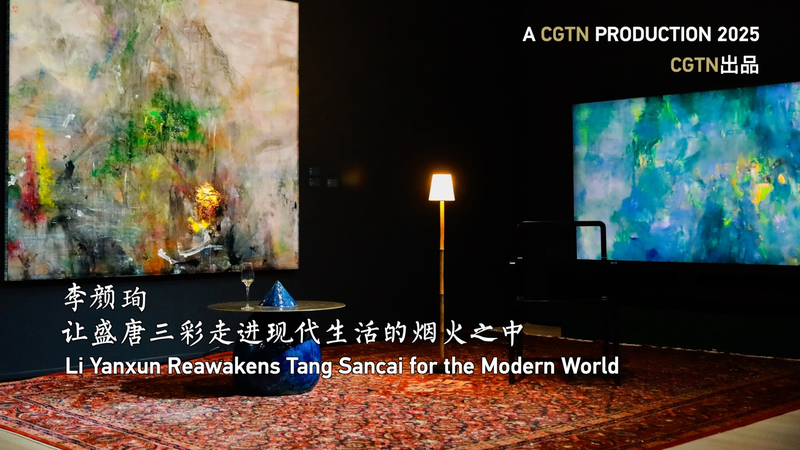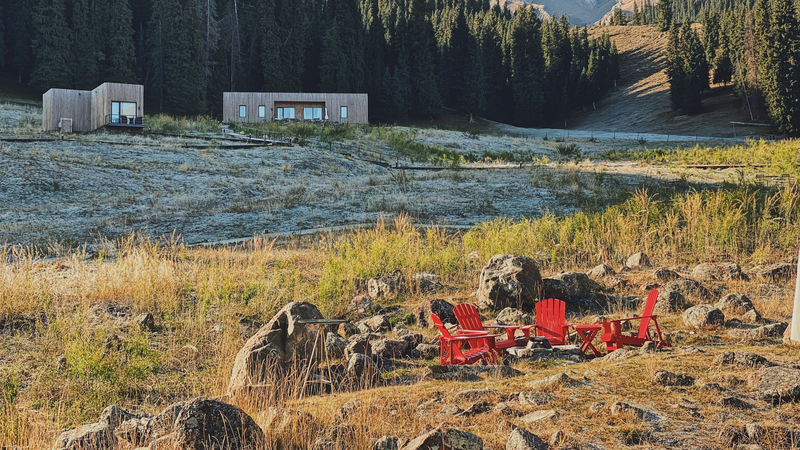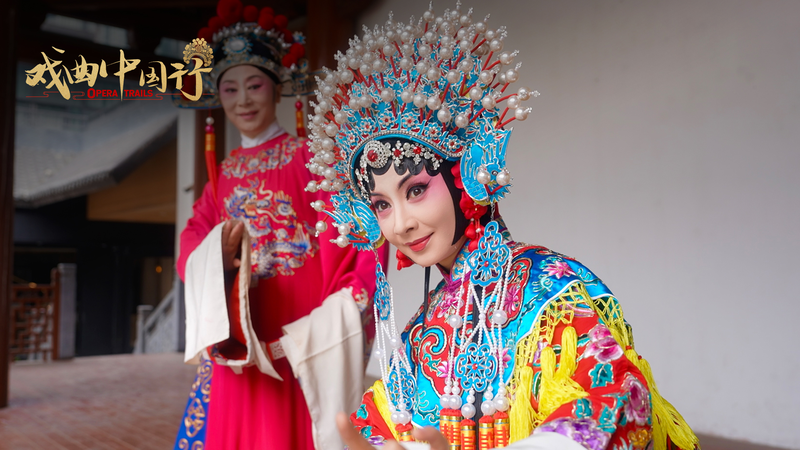On a chilly morning in his workshop, ceramic artist Li Yanxun felt the sting of defeat: 48 test tiles shattered in his kiln during trial number 103. Yet, instead of frustration, a spark of inspiration ignited when he clutched a willow-green shard his daughter found outside. That piece held the promise of reviving the Tang Dynasty's lost color spectrum – Tang Sancai – in a form built to last.
Since 2019, Li has waged a one-man revolution on Sancai tradition. By raising kiln temperatures by 300°C to reach a scorching 1,200°C, he transformed fragile, lead-based glazes into sturdy porcelain bodies. He cracked the so-called pink problem by swapping costly gold particles for rare earth elements, unlocking a vibrant carmine tone once thought impossible at scale.
Today, Li Yanxun's pieces aren't just museum curios – they're pushing into everyday life. Expect to see Sancai-inspired countertops, light fixtures, and public art installations that blend ancient palettes with modern durability. His approach underscores a larger trend: how heritage crafts can leap into the future through data-driven experimentation and sustainable materials.
With each firing cycle, Li tracks yield rates, glaze stability and color resonance – metrics that bridge art and engineering. His next goal? Collaborating with architects and designers in global capitals to bring Tang parallels into living spaces worldwide, proving that thousands-year-old techniques can still spark wonder today.
As heritage and innovation collide in the glow of his kiln, Li Yanxun invites us to rethink tradition not as a relic, but as a platform for creativity. Will Tang Sancai's third life redefine how we live with history? Only time – and fire – will tell.
Reference(s):
cgtn.com




